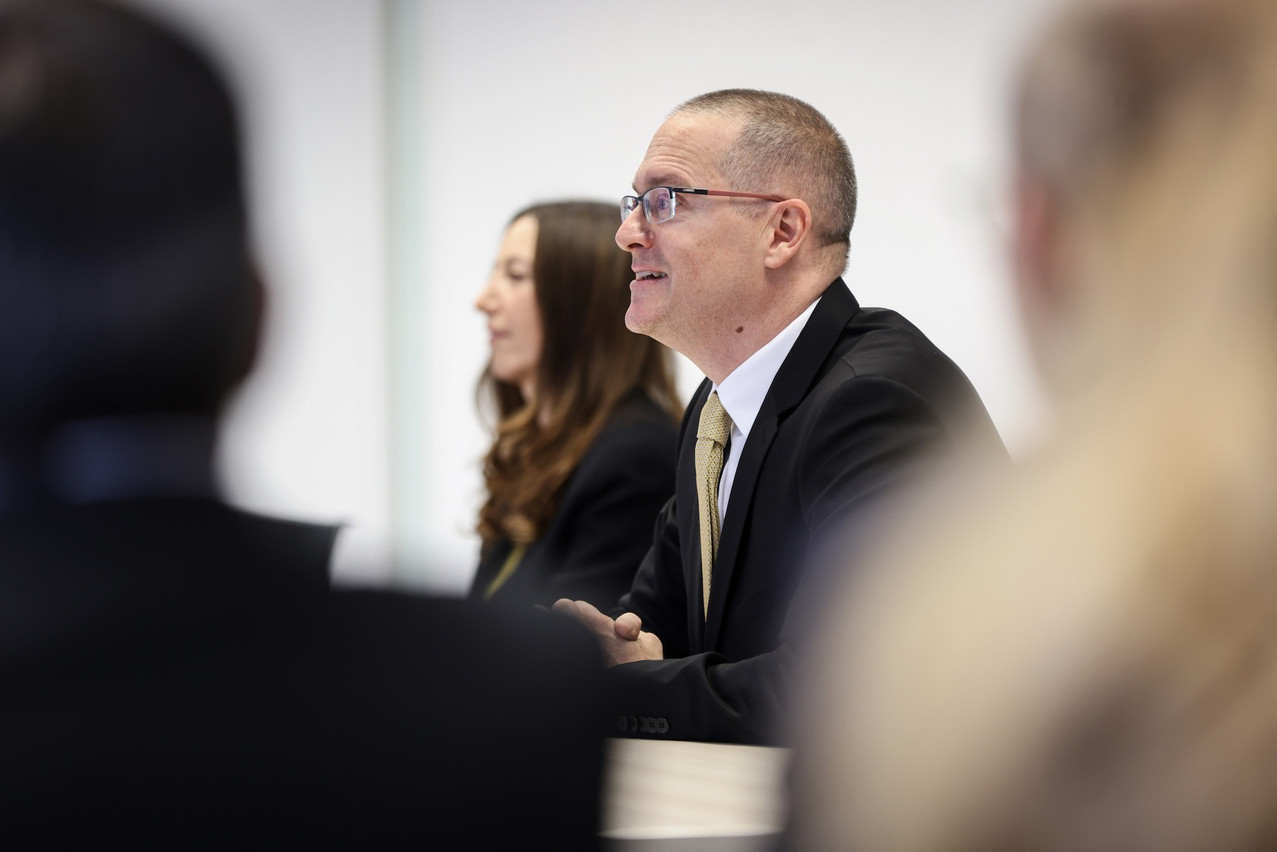spoke with Delano on the one-year anniversary of his taking up the post of sustainable finance chair at the University of Luxembourg. In previous instalments, he discussed and . Here Halling addresses the capacity of the university’s sustainable finance graduate and executive programmes.
Halling said the master of finance of economics programme’s sustainable finance track was currently being offered for the second time. The 20 students who had selected the option were in their final semester right now. Is the programme big enough?
He admitted that “what usually comes up when we talk to our stakeholders is that that sounds like a small number. So maybe we need to increase it.” On the other hand, the limited scale is a selling point. “An important aspect for us is to keep the group sizes small.” The close interaction between students and staff in the specialised tracks “are very attractive” to prospective graduates. The sustainable finance track could be expanded in the future, “given the demand from students. So far, I would say it’s okay.”
Certificate course
The same question applies to the executive programme, which consists of eight full days of classes over two different weeks, leading to a sustainable finance certificate. It “provides a good overview of what’s going on” in terms of regulation, disclosure, scientific background and measurement issues, for example. It, too, has been offered twice. The second course, which started earlier this month, had 13 students enrolled.
Stakeholders want “100, 200 students coming out of these programmes every year,” Halling stated. That could eventually happen. “The certificate is relatively easy to scale,” but the programmes needs more marketing and satisfied alumni before demand truly picks up. “I think we offer good quality.”
The series continues next week on Delano.lu
